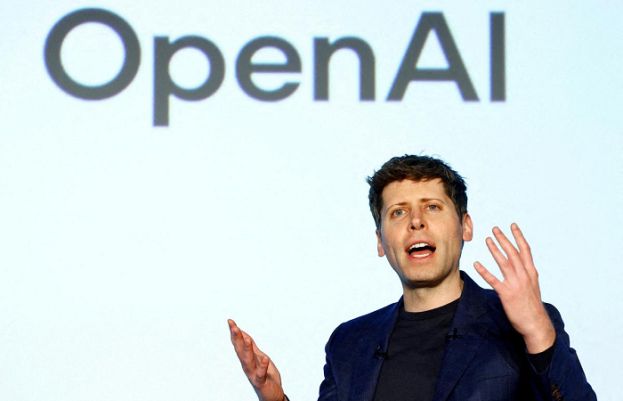OpenAI CEO Sam Altman on Thursday called on world governments to invest in artificial intelligence infrastructure, as concerns mount over whether the ChatGPT-maker now the world’s most valuable private company can shoulder the immense costs of advancing AI technology. In a lengthy post on X (formerly Twitter), Altman said, “It might make sense for governments to build and own their own AI infrastructure and the benefits of that should flow back to the public.” His comments came amid increased scrutiny of OpenAI’s spending plans after the company’s chief financial officer, Sarah Friar, told a business conference that the U.S. government could help encourage investment in AI computing by guaranteeing loans to fund infrastructure expansion. Following widespread backlash, Friar later walked back her comments, saying they were “clumsily phrased.” Altman echoed that clarification, writing: “We do not have or want government guarantees for OpenAI data centers.” He stressed that taxpayer money should not be used to bail out private firms, adding, “Governments should not pick winners or losers. If we make mistakes and can’t fix them, we should fail and others will keep doing good work.” Altman’s remarks come as OpenAI faces growing questions about its long-term financial strategy and infrastructure ambitions. The company, which ignited the global AI boom with the release of ChatGPT, has helped drive tech markets to record highs even as doubts linger over the sustainability of the AI economy. According to Altman, OpenAI expects to surpass $20 billion in annualized revenue this year and is preparing to commit approximately $1.4 trillion in infrastructure spending over the next eight years. This includes a $300 billion partnership with Oracle and a $500 billion Stargate project with Oracle and SoftBank that was announced at the White House in January. He projected that OpenAI revenue will grow to hundreds of billions of dollars by 2030, driven by as-yet-unreleased consumer devices, robotics, and AI-powered scientific discovery. Given the strategic importance of the technology, Altman argued that building a “strategic national reserve of computing power” makes sense for governments, particularly as massive infrastructure projects take years to complete. He cited severe compute constraints already forcing OpenAI and competitors to limit availability of their products and delay new features, warning that the risk of insufficient computing power outweighs the risk of overbuilding.
OpenAI CEO urges governments to invest in AI infrastructure

